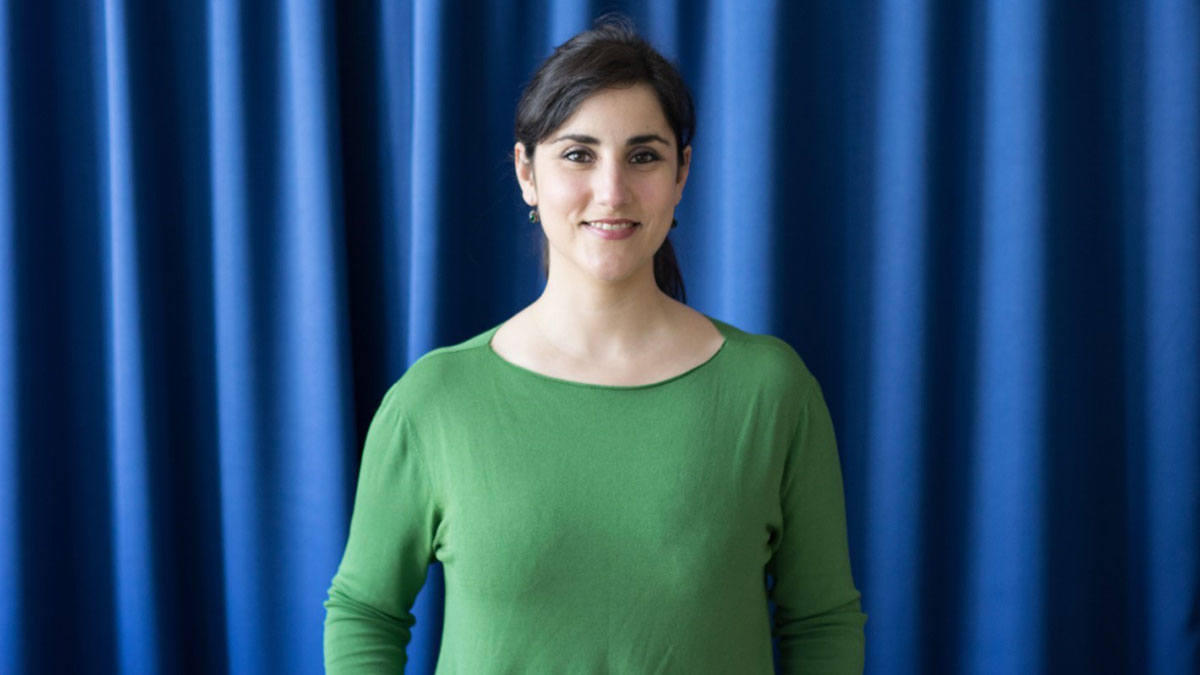Published:

An Edinburgh-based scientist is turning to state-of-the-art quantum technologies to uncloak the mysteries of the deep.
A new research project led by Dr Aurora Maccarone of Heriot-Watt University’s Institute of Photonics and Quantum Sciences, is using advanced quantum technology to view underwater objects that are, at present, invisible to conventional cameras.
Limitations on current technologies won’t allow cameras to accurately look through murky water however, Dr Maccarone is using laser illumination and optical detectors capable of capturing the smallest quantum of light, the photon. These single-photon detectors are used to measure the length of time it takes for the photon to travel from its light source to the target and back to the system. This measurement is performed with picosecond temporal resolution, allowing scientists to accurately reconstruct high-definition, three-dimensional images from underwater.
For years, several techniques have been developed for three-dimensional optical imaging for subsea applications, nevertheless imaging in turbid underwater environments remains a major challenge.
The project’s potential is such that Dr Maccarone has today been awarded by the Royal Academy of Engineering (RAE) with a highly prestigious engineering Research Fellowship, providing her with funding for the next five years.
Dr Maccarone said on receiving the Award: “This scheme of the Royal Academy of Engineering is highly selective and I am truly honoured to be one of the awardee of this year. This award will help me to establish my career and it will put me in a stronger position to achieve the goals of my research.”
The Fellowship, entitled Underwater three-dimensional optical imaging based on quantum detection, holds tremendous potential for several underwater applications including security and defence, survey, inspection and monitoring, and also automotive.
Dr Maccarone aims to build a prototype by the end of the Fellowship that will eventually will lead to commercialisation.
The RAE’s Research Fellowships are designed to advance excellence in engineering by enabling early-career researchers to concentrate on basic research in any field of engineering.
The Royal Academy of Engineering Research Fellowships support early-career researchers to establish successful research careers and become future research leaders in their fields. The scheme provides funding for five years to allow awardees the freedom to concentrate on basic research in any field of engineering and establish a track record in the field.